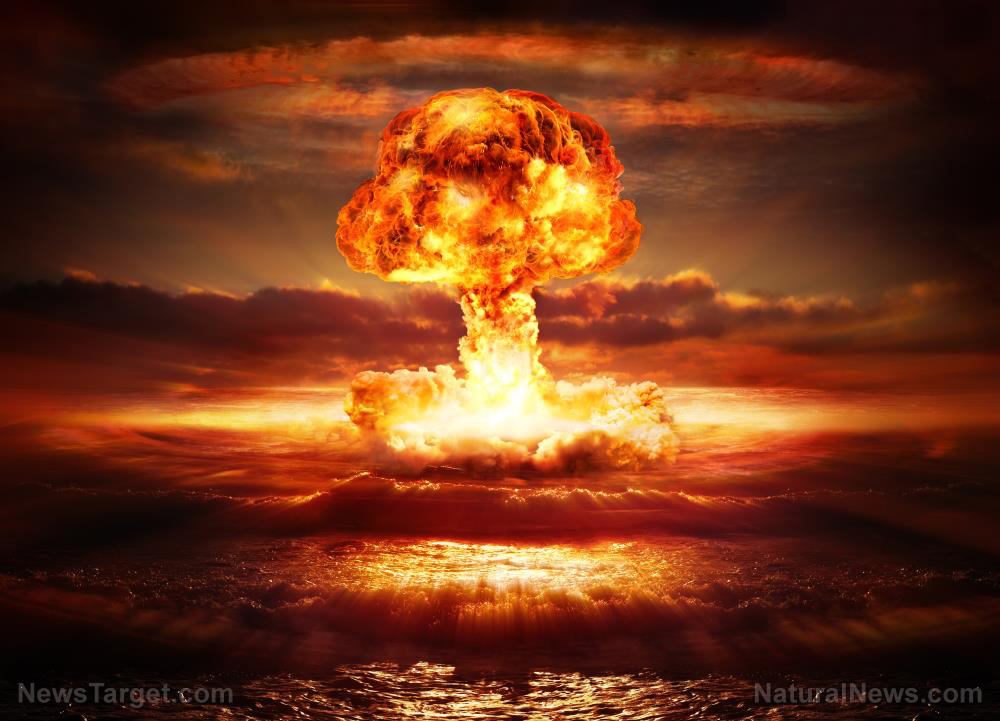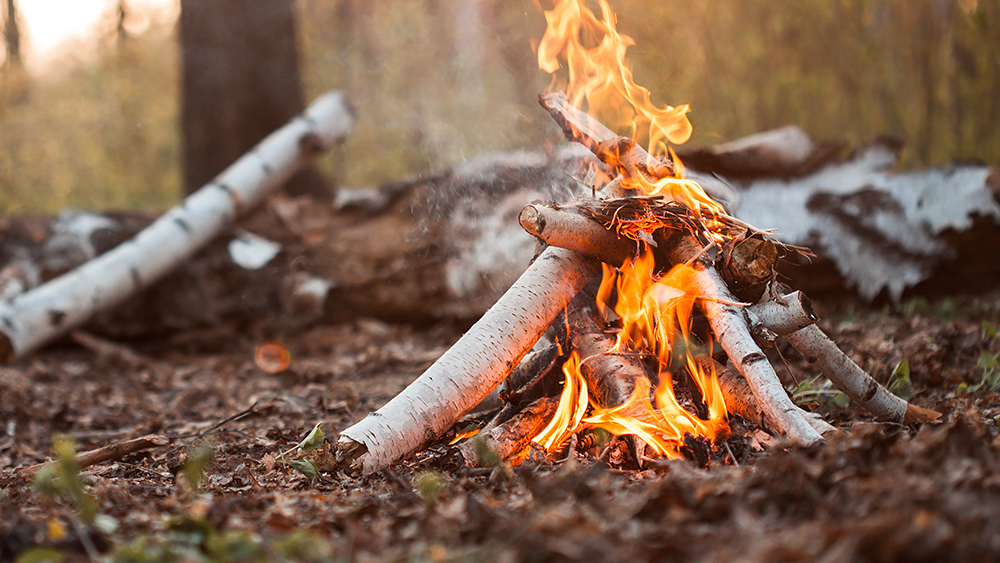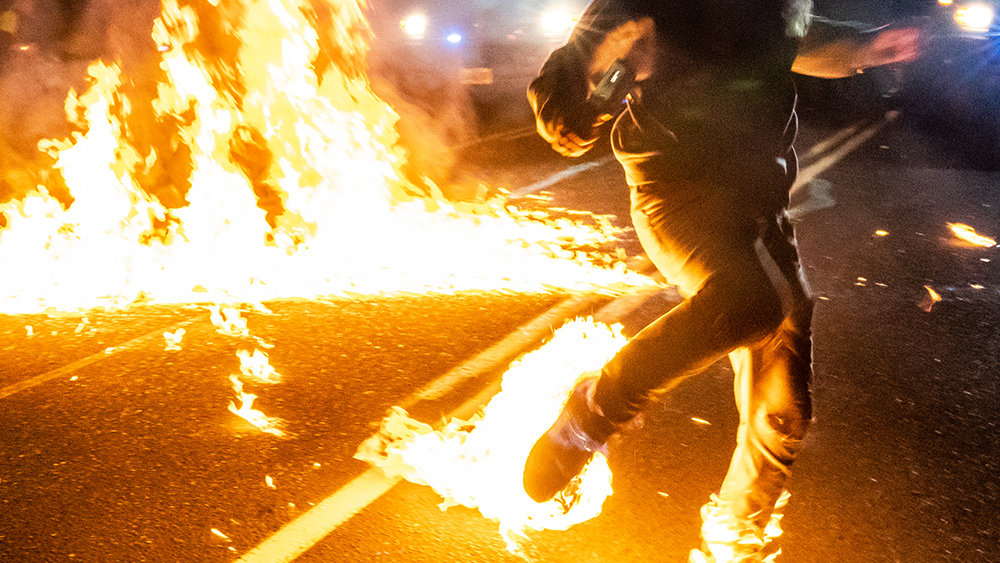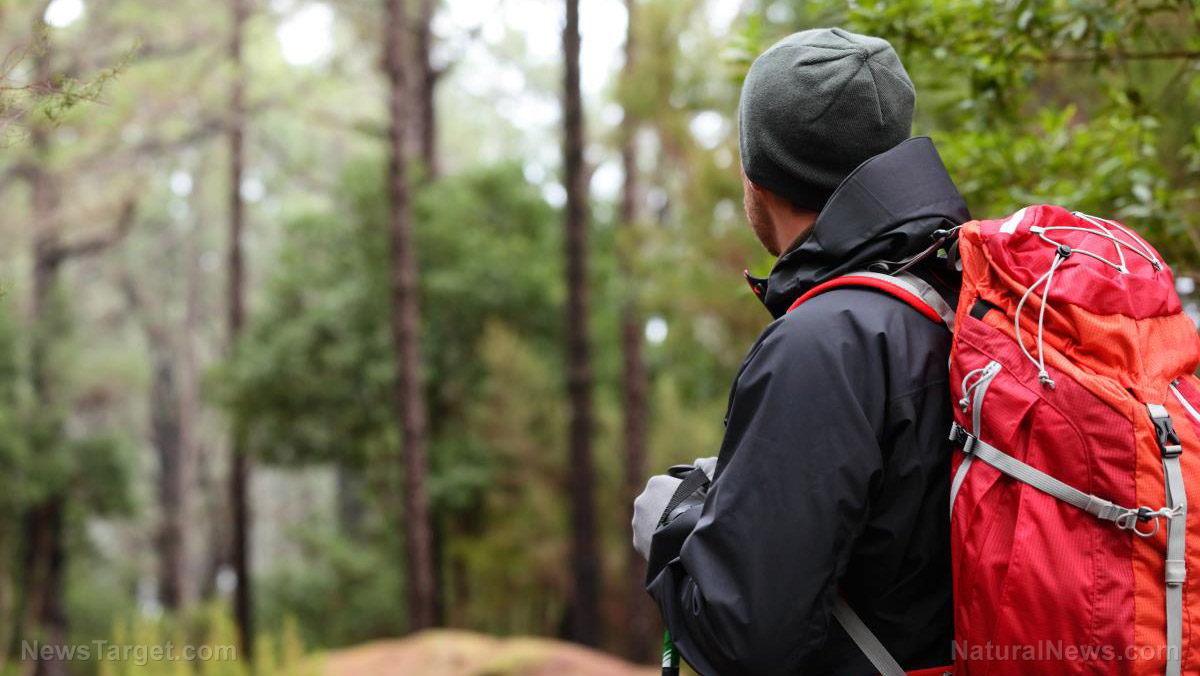
It's been over two decades since the end of the Cold War and plenty of people have never lived under the shadow of nuclear threats. But don't count them out just yet. Current global politics are far from stable and the rise of nuclear technologies brings the threat right at your doorstep. As a prepper, it is your responsibility to not only know how to react to these threats, but also prepare for them. (h/t to TheSimplePrepper.com)
Ground zero
There are three known threats that could cause a nuclear disaster: Power plants, terrorists, and war.
According to the U.S. Energy Information Administration, there are about 59 commercially operating nuclear power plants with a total of 97 nuclear reactors in the U.S. These plants supply power to millions of Americans each day.
You may think that the greatest nuclear disasters in recent history happened on the battlefield, but the real catastrophic events are caused by nuclear meltdowns at these power plants. The Chernobyl disaster of 1986 was one of the worst nuclear disasters in recent history. The explosion and subsequent meltdown took thousands of lives and caused almost 70,000 people to suffer from radiation poisoning.
Even then, the threat of nuclear war still looms on the horizon. With the current state of global politics and all conflicts arising, nuclear war is far from being a thing of the past. (Related: Global nuclear war is increasingly probably, experts warn.)
Prepare for the future
Nuclear disasters can bring devastating results to the affected area. Some experts claim that Chernobyl will still be uninhabitable for at least 3,000 years due to the high radiation levels. However, this doesn't mean you can just skip preparing for the worst and wait for the end. Here are two ways to help you get through the fallout:
Understand nuclear fallout
Nuclear fallout, while dangerous, can only really be effective in the right conditions. It is a mess of bomb material, soil and debris that were vaporized, made radioactive, and sprinkled as dust and ash by the wind.
One of the best things to do to escape nuclear fallout is to seek shelter immediately. The Environmental Protection Agency suggests getting inside the nearest building and staying indoors until authorities claim it is safe. However, not all structures give sufficient protection against fallout.
The goal is to put as much mass as possible between you and the outside world. Fortifying the windows and doors of a basement can make for a good makeshift fallout shelter. Beyond the actual blast radius, radiation from a nuclear blast won't last forever. As radiation decreases over time, you should insulate yourself with mattresses and cushions, as well as barricading any opening to the outside world.
Make a survival kit
You can't go into a fallout shelter without taking the essentials with you. Food and water are mandatory in any disaster situation, nuclear or not. However, it is recommended to seal them in airtight containers to prevent contamination. Additionally, any food and water from the outside will be off-limits as these could have nuclear particles on them.
For nuclear-specific items, get a respirator mask. While fallout could be washed off the body, fallout taken into the body can cause serious damage. A good quality respirator mask is important to have on hand to avoid inhaling these deadly particles.
Potassium Iodine tablets are also a staple in nuclear disaster kits. These pills will keep your body from allowing the spread of radiation.
Nuclear disasters are more than just explosions, they can bring devastating effects to the environment and life within and around the blast radius. Having the knowledge and the right preparation can make a huge difference in surviving any disaster.
Sources include:
Please contact us for more information.





















